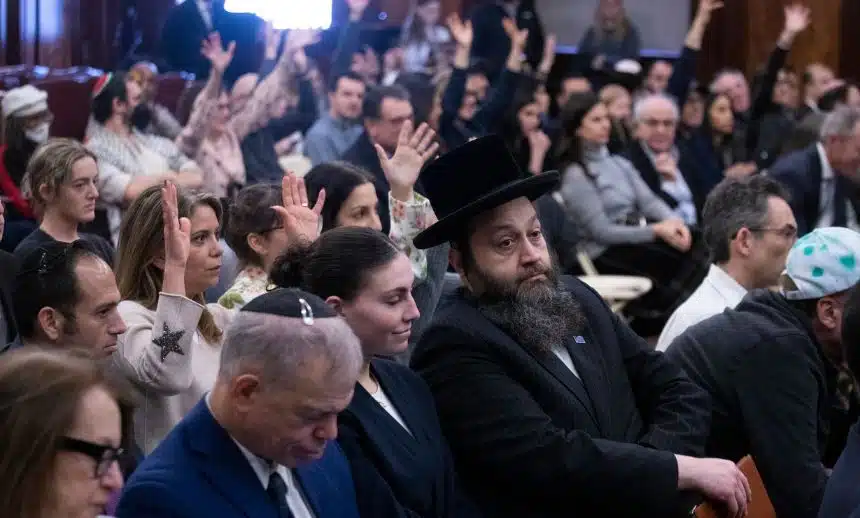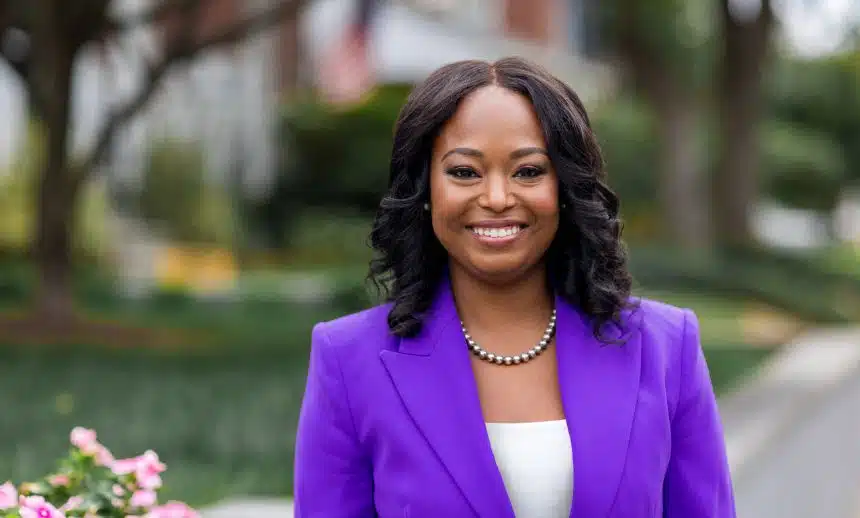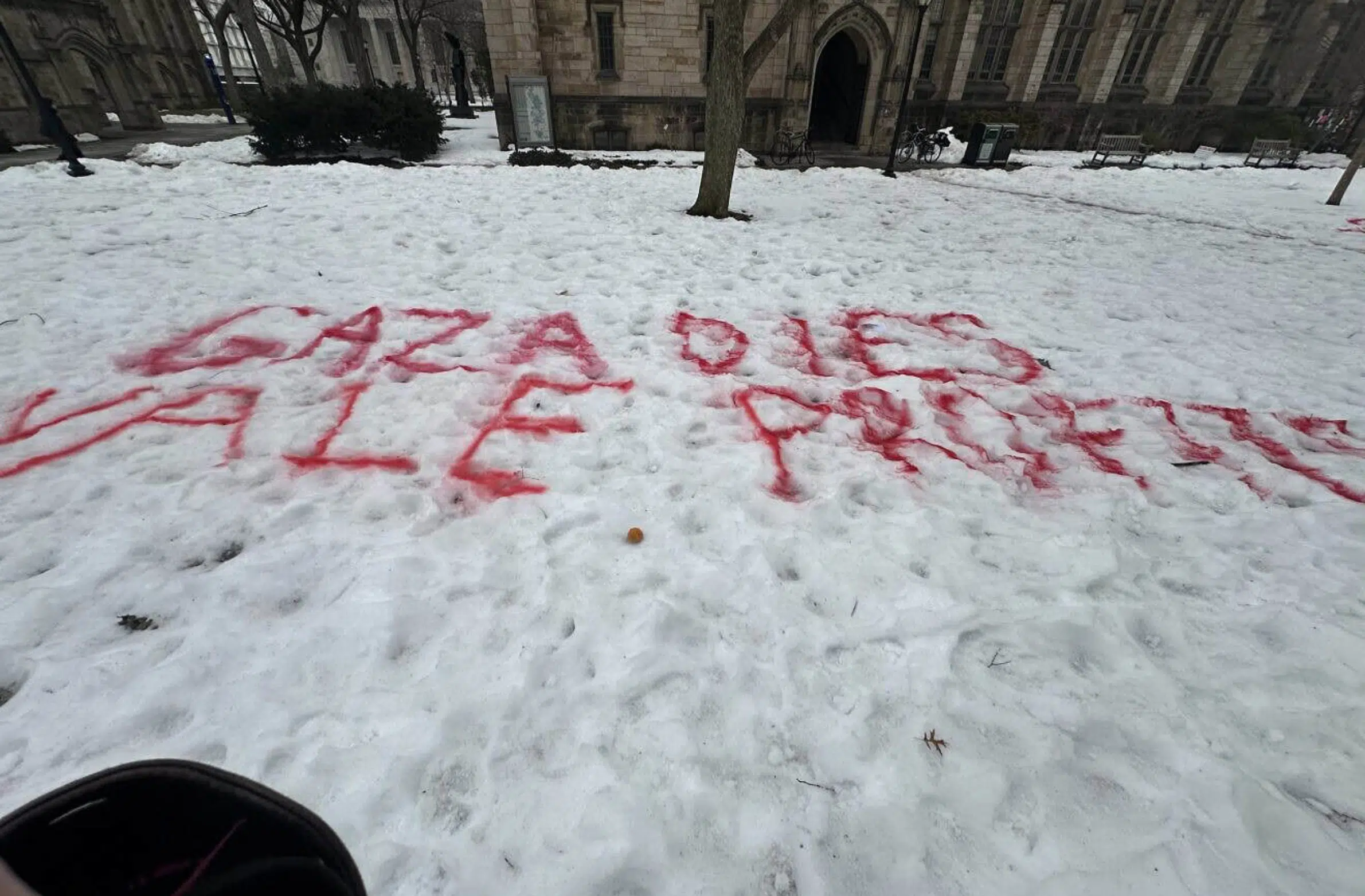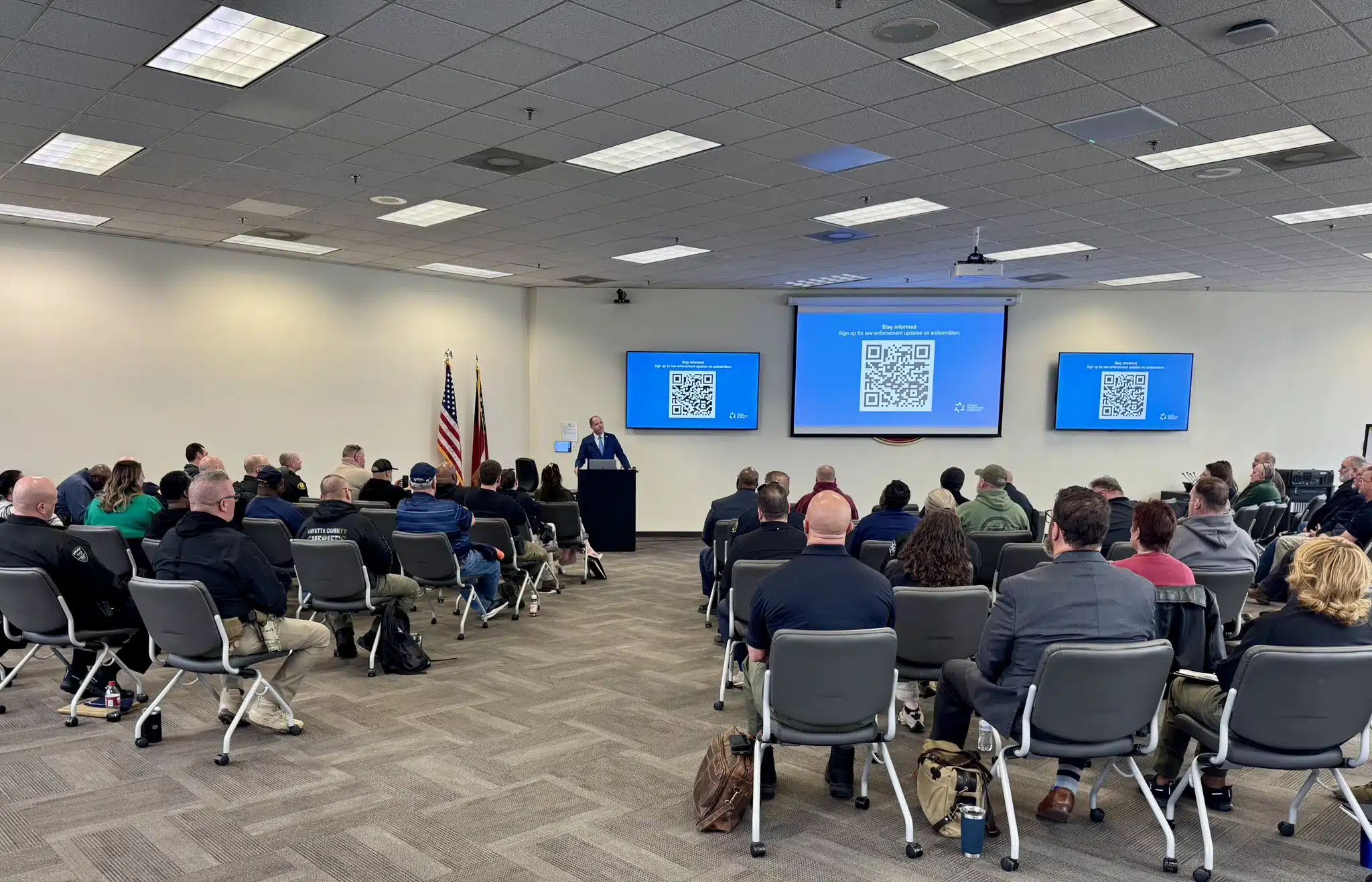
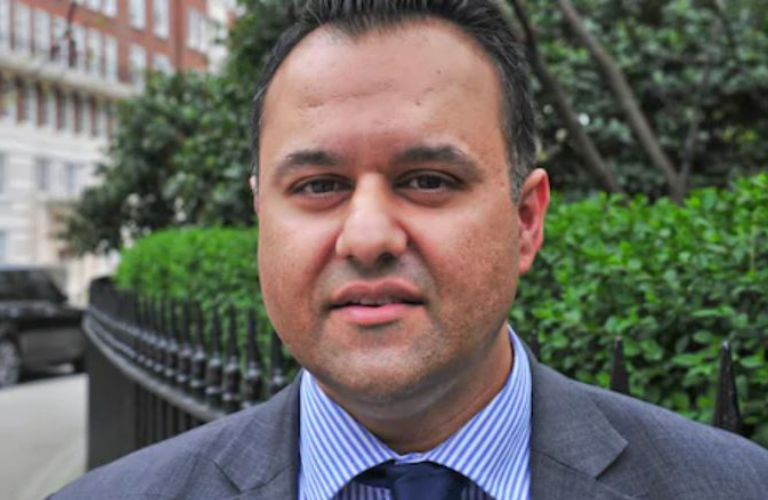
Fiyaz Mughal, Muslim Interfaith Leader: The Indicator of Cancer in Society is When Anti-Semitism Rises
Fiyaz Mughal is an interfaith leader from the U.K. who stands out for his commitment to fighting anti-Semitism. As a local councilor in Oxford, England, and as founder of two high-profile British charities, Tell MAMA and Faith Matters, Mughal has prioritized positive interfaith relations between Jews and Muslims. He believes firmly that “the survivability of pluralism in the West is based on the survival of the Jewish community.” In 2018 he became a trustee of Muslims Against Anti-Semitism and is today known as one of Britain’s foremost anti-extremism activists. He spoke to Tamara Berens at CAM over the phone to share his thoughts on Islamist anti-Semitism and the importance of Jewish-Muslim partnership.
Part of Mughal’s work in fostering better relations between Jews and Muslims is countering Islamist extremism before it can take root. In order to tackle an issue, you have to understand its causes.
“[In the 1980s] Islamist ideology had not taken root in the UK. It had not fully captured its place in society. I grew up with a sense that, actually, we didn’t blame government or society. As Muslims, we didn’t blame the world for our problems. We just wanted equality because we didn’t feel we were included in parts of this country.”
However, Mughal noticed a big shift from the 1980s—when he grew up—to the 1990s. “The Muslim community started to feel more victimized. Islamist groups were shouting the largest. They could see the potential vacuum and started to dominate the argument. “Because you’re Muslim you’ve got no place in this society,” [they argued.] What I saw in that period of time is that they were trying to dominate that discourse. This space created a propensity for conspiracy.”
Mughal explains that anti-Semitism found its natural home within this cocktail of victimization. “This sense of conspiracy mixed with total victimization meant that, actually, the level of anti-Semitism was not only there, but was starting to grow. Anything associated with Israel or Israel’s action meant that Jewish communities were automatically or inherently involved globally. That is anti-Semitism.”
Mughal founded Faith Matters in 2006 to help integrate communities, counter extremism, and encourage the reporting of hate crimes. In the U.K. Islamist extremism roiled society in the 2000s and 2010s as an estimated hundreds of Britons traveled illegally to Syria to join ISIS and terror attacks targeted the nation’s busiest landmarks. The shock of this violence brought to light an issue that had long been ignored: extremist ideologies taking hold among Muslim communities in Britain. Mughal traces the problem of Islamist extremism in Western Europe to the 1979 Iranian Revolution.
“The Khomeini revolution created a resurgence in the minds of Islamist groups that were both Shia and Sunni. They were quite disparate, but they connected in seeing the Iranian revolution as an inspirational thing. What happened is a lot of these Islamist groups, particularly on the Sunni side, became super energized and active. Muslim leaders [in the Middle East] cracked down on these energized Muslim leaders. Many of these people fled and came to Europe through the asylum process. Having landed in the U.K. they saw a population here which was large. They spread their message into a community which was trying to find its space in society.” With regards to anti-Semitism, “They began handing books outside mosques about Rothschild Zionism. These guys flooded the stuff in. That is the root of the problem.”
Today, the internet has allowed this problem to proliferate. “The online presence of anti-Semitism on social media. The sheer determination and coordination of Islamist groups to malign progressive Muslims. This combination of factors is why anti-Semitism is a real issue,” Mughal says.
Mughal himself did not grow up with anti-Semitic views—on the contrary, he found that he developed a natural affinity for the Jewish community. He immigrated to the U.K. from Uganda in the 1970s, where his family was expulsed among tens of thousands of other people of Asian origin. “As a refugee and as a migrant I always felt that I was trying to integrate into the U.K. It was a very difficult time. There was a lot of open prejudice and intolerance.” Mughal had a challenging experience finding his identity in Britain at the time. “Who was I in the U.K.? I was a Muslim born in Africa who found myself in a very cold climate in the north of the world.”
His family left the U.K. after just six months in the 1970s and moved to Nairobi, Kenya. But when Nairobi faced a military coup the family was forced moved back to England in 1983. Mughal was perplexed by how to find a sense of identity in Britain. “That issue of identity was only soothed when I met with people who I found out to be Jewish. When I was spending time with Jewish friends, they could reflect with me and engage with me and understand me.” In the 1980s Britain’s young Jews became the target of rampant discrimination, particularly on university campuses where many Jewish societies were banned by the country’s National Union of Students. “They could understand the racism that I suffered and how I felt dislocated. And that was the starting point for my connection.”
As Mughal became involved in local politics, he retained his commitment to standing up for the Jewish community.
“I was an elected councilor in Oxford in 2002—at that time, the Gaza situation kicked off again and what I found in the city was that there was an enormous amount of activity. I didn’t get engaged particularly with that stuff. But what I did have a problem was the volume of people in the city who turned against the Jewish community with anti-Semitic rhetoric. It pressed the same button I felt as a kid. It punched this button right in my chest. Why are they picking on a small community and blaming it over Israel’s actions? My upbringing and my experience with the Oxford community shaped me.”
Ultimately, Mughal’s experiences with the Jewish community led him to become a trustee of an organization geared specifically to combating anti-Semitism in 2018. Muslims Against Antisemitism is a charity made up of British Muslims who believe it is everyone’s duty to stand up to anti-Semitism. They were founded to educate communities about the problem of anti-Semitism and encourage solutions, such as the widespread adoption of the International Holocaust Remembrance Alliance (IHRA) definition of anti-Semitism, to combat it.
“Muslims Against Antisemitism is about working with Muslim communities to make them aware of the language of anti-Semitism, the history of anti-Semitism, and why anti-Semitism has no backing in Muslim theology—explaining why anti-Semitism is not part of Muslim scriptures.”
Muslims Against Antisemitism has seen much success. In particular, the organization works directly with Muslim communities to educate them against extremism and encourage them to form relationships with members of other faiths. “We use the past historical and educational elements, and we use training, we use outreach sessions. We are trying to deconstruct this in different ways. It’s important to get Muslims to understand their own histories.”
For Mughal, Jews and Muslims are natural allies.
“It’s important to get Muslims to understand why it is our duty to stand up against this form of hatred: if you hate Jews, you hate yourself. Judaism was there at the time of Mohammed. Mohammed was influenced by Jewish knowledge. He was influenced by Jewish tradition, he traded with Jewish communities. His life was umbilically connected to Jewish communities. I also think the politics of division globally has created allies between Jews and Muslims. Our natural allies—forget religiously and how we eat—but our natural allies for the basics of our equality, are the Jewish community.”
Over the last few years, since anti-Semitism became a public issue in Britain due to the prejudices of Jeremy Corbyn’s Labour party, has the situation improved? Mughal, for one, is optimistic.
“Things are changing. I’m seeing a millennial generation who doesn’t think the way that, frankly, my generation did. Who are actually rejecting their sense of “them” vs “us.” I’m seeing hope over the horizon. It’s been a multi-generational struggle.”
Mughal argues that it is in the self-interests of all minorities to combat anti-Semitism.
“The very survivability of our space in Europe is based on how we defend and protect each other and our equal rights. The minute they go after Jews they are going after Muslims. The survivability of pluralism in the West is based on the survival of the Jewish community. The indicator of cancer in society is when anti-Semitism rises.”
What does Mughal say to those who are uncertain about how to get involved with interfaith activism?
“Interfaith activism saves lives. You don’t know how you’ve influenced somebody today who could be committing a very bad action tomorrow. If you are trying to bring people today you are seeding together empathy—seeding together the ability for empathy. Everyone has a role to play.”

